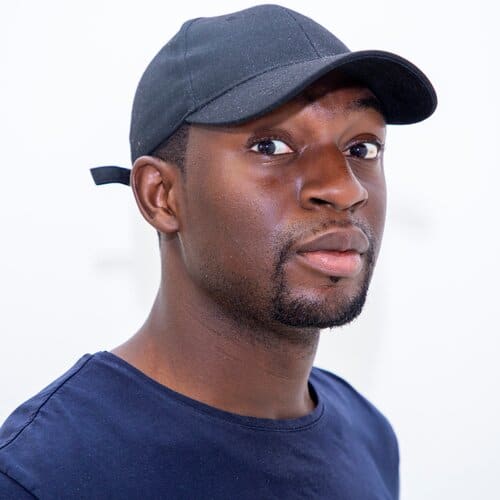Masculinity and How to Figure Out Your Beliefs with Alex Holmes
In this episode, we talk to Alex Holmes about identifying where your beliefs come from, which are really yours and having the conversation around masculinity.

In this episode, we talk to Alex Holmes about identifying where your beliefs come from, which are really yours and having the conversation around masculinity.

Memorable Moments:
Dear Mind, You Matter is brought to you by NOBU, a new mental health and wellness app. To download NOBU, visit the app store or Google Play.
This podcast is hosted by Allison Walsh and Dr. Angela Phillips. It is produced by Allison Walsh, Ashley Tate, and Nicole LaNeve. For more information or if you’re interested in being a guest on this podcast, please visit www.therecoveryvillage.com/dearmindyoumatter.

Alex Holmes is a London-based writer and existential mental health coach. In 2021, he won the Creative Impact Award for Best Mental Health Awareness, for his writing and conversations on mental health. He was also featured among Positive.News ‘20 Mental Health Leaders Supporting The Nation’s Wellbeing’, and won the Creative Impact Co Awards For Mental Health Awareness in 2021. His debut book Time To Talk: How Men Think About Love, Belonging, and Connection (Welbeck/Trigger). He writes weekly notes on his Heart-To-Heart Letters, exploring love, belonging and connection, He is also the founder and creator of the leading podcast Time To Talk with Alex Holmes, highly commended by British GQ as a top podcast for 2020 and 2021.